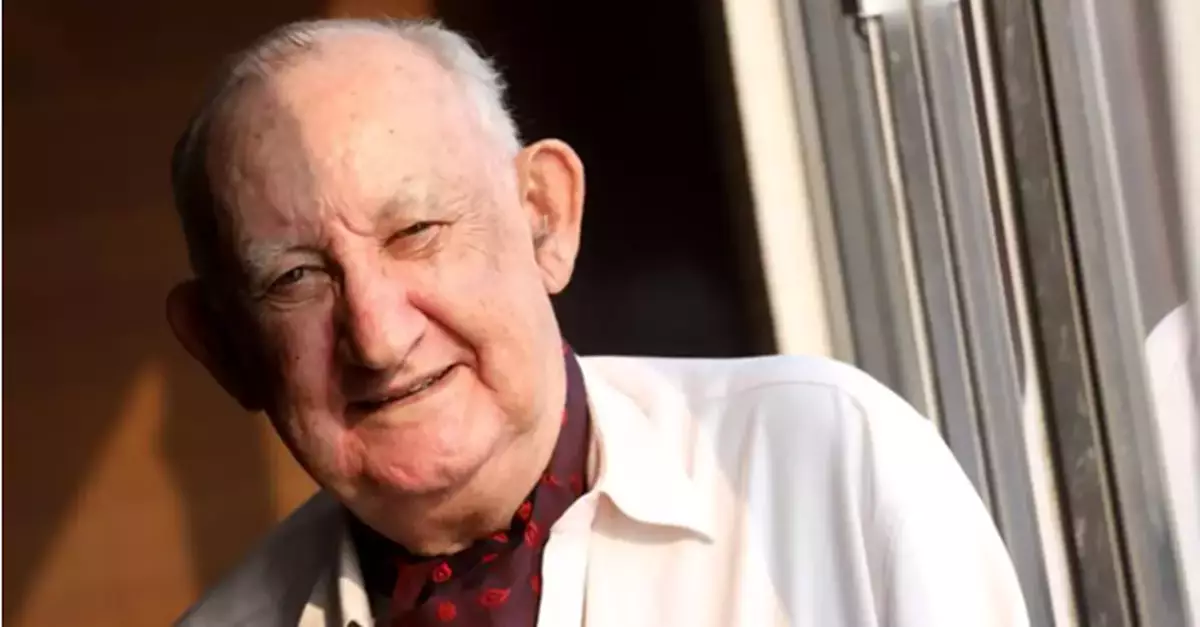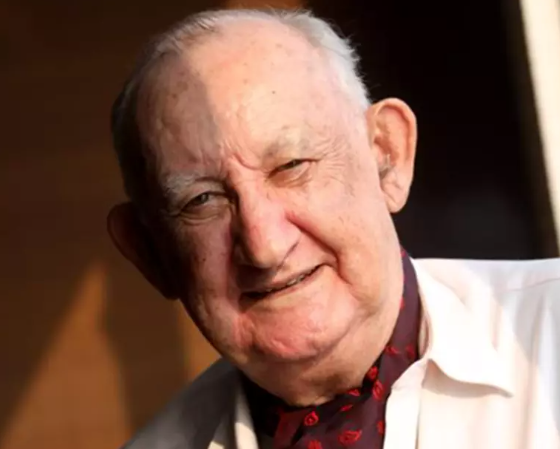As the UK government arrested two British journalists for supporting Palestine in the Israeli war, its junior minister for the Indo-Pacific issued statements decrying the conviction of two Stand News executives on sedition charges.
It was a clear case of double standards: “Do as I say and not as I do” syndrome.
Independent Syrian-British journalist Richard Medhurst was arrested as he exited his plane at London’s Heathrow airport on August 15 under the provisions of the Terrorism Act 2000. One week later, British human rights activist and reporter, Sarah Wilkinson, was arrested at her home, allegedly for the content she published online in support of Palestine and against the Israeli genocide in Gaza. On the same day British police arrested the co-founder of Palestine Action, Richard Barnard, and charged him with three offences for comments he made in two speeches.
London-based World Socialist website said the arrests of the journalists were part of the escalation by the British ruling class against left-wing journalists and outspoken opponents of the US-backed Israeli campaign of extermination of Palestinians in Gaza.
One week after the Wilkinson arrest, two former editors of the now defunct Stand News – Chung Pui-kuen and Patrick Lam Shui-tung – were found guilty of sedition. Prosecutors alleged Stand News had sought to incite hatred against authorities through 17 articles published between July 2020 and December 2021.
The articles included interviews with detained activists, such as Owen Chow, Fergus Leung, and Gwyneth Ho, who were among 45 others convicted of conspiring to commit subversion. Ho had worked as a journalist at Stand News during the 2019 protests.
The 57-day trial was overseen by District Court Judge Kwok Wai-kin, who ruled that 11 of the 17 publications raised by the prosecution were seditious, noting that the political climate at the time was extremely heated and many people were unhappy with the SAR and central governments. He ruled that the political ideology of Stand News was localism, and its stance was to "support and promote Hong Kong’s local autonomy".
“During the anti-extradition bill movement, it even became a tool to smear and vilify the central authorities and the SAR government,” Kwok wrote in his judgement.
Immediately after the verdict was delivered, the mainstream media (msm) and the usual suspects (Reporters without Borders, Hong Kong Journalists Association, Amnesty International etc,) jumped to the defence of the Stand News duo, all claiming the verdict was unfair and an infringement on press freedom.
And it is interesting to note that the UK arrests of two journalists, who favoured towards Palestine, received very little interest in the msm, but when anything untoward happens in Hong Kong there is world-wide condemnation.
The explanation is simple. Britain, Australia, Canada, New Zealand and the US are members of an exclusive club, known as the Five Eyes intelligence network. Members of the club cannot think for themselves and, like puppets on a string, follow the lead of the US, which, in its quest to maintain world dominance, will do anything to ostracize China/Hong Kong by drawing on the support of its allies.
Foreign critics of Hong Kong’s national security laws (NSL) and freedom of the press have failed to recognise that the sedition offence was not covered by the NSL, but by existing Hong Kong laws introduced by the Hong Kong colonial government to prosecute pro-communist newspapers in the ‘50s and 60s.
Uncharacteristically, Britain’s Secretary for the Foreign Commonwealth and Development, Lord David Cameron has not yet commented on the verdict and left that to a junior minister. Cameron, a friend of China-haters Lord Christ Patten and Lord David Alton, had previously been very critical of Hong Kong’s handling of dissidents, including Stand News. Perhaps he is very aware of the implications of the arrest of the two British journalists and believes in the adage that “people who live in glass houses should not throw stones.”
The only British reaction came from the Indo-Pacific minister, Catherine West who urged Hong Kong authorities to “end politicised prosecutions of journalists and uphold press and publication freedoms” as spelled out by the Basic Law. “Journalism is not a crime,” she said, and that Chung and Lam were convicted “for doing their job.”
Indeed, journalism is not a crime, but perhaps these editors were doing more “than their job.” There is a thick red line between criticizing the government and inciting hatred against the administration, which is sedition anywhere. Trained journalists know when they cross that line as it is a deliberate act, as Judge Kwok pointed out. They cannot claim ignorance as the definition is very clear with the key word being “incitement.”
Mark Pinkstone
** The blog article is the sole responsibility of the author and does not represent the position of our company. **



